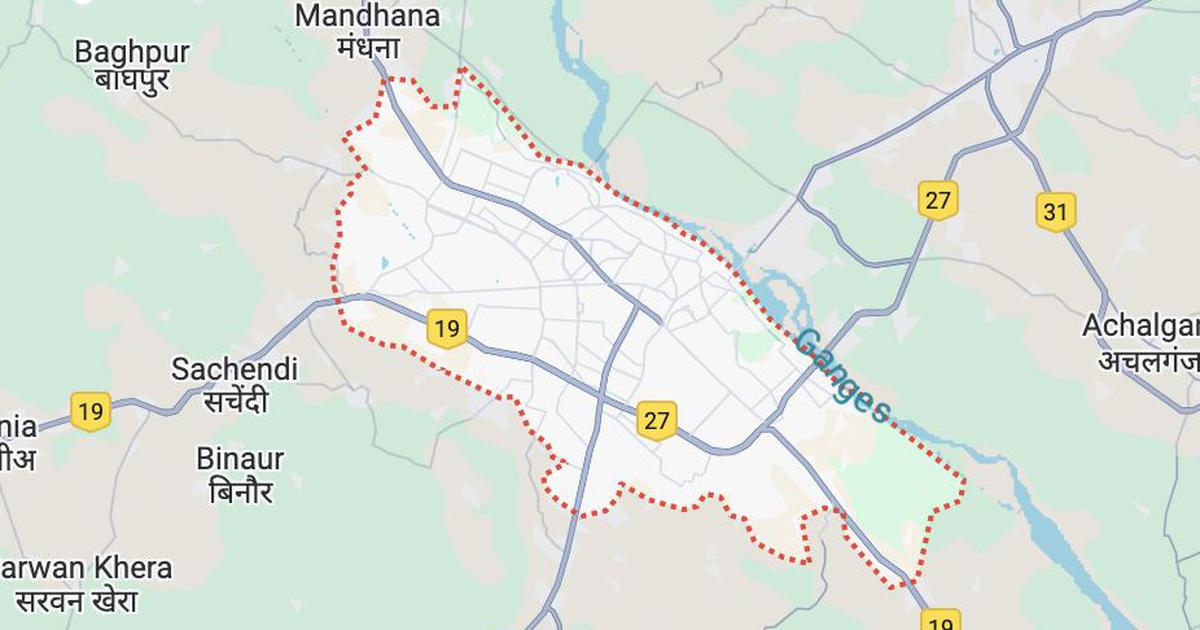Rana Ayyub

The exhaustive report examines the role of Ankhi Das, Facebook’s public-policy executive in India, and the social media giant’s refusal to take down the page of T. Raja Singh, a member of Modi’s BJP party who has asked for Rohingya Muslim immigrants to be shot, labeled Muslims as traitors and threatened to destroy mosques. The story cites employees at Facebook quoting Das as saying “that punishing violations by politicians from Mr. Modi’s party would damage the company’s business prospects in the country.”
The report also brings to light Das’s own anti-Muslim prejudice. She once shared a Facebook post that referred to India’s Muslims as traditionally a “degenerate community” for whom “nothing except purity of religion and implementation of Shariah matter.”
But as damning as these revelations are for Facebook, for many users none of this comes as a surprise. Modi’s campaign leading up to his 2014 victory brazenly relied on fake news and propaganda attacking India’s 200 million Muslims. Back in 2013 I wrote a cover story titled “Modi’s Operandi” for Tehelka magazine that examined the crucial role Facebook — along with policymakers and think tanks — was playing in empowering Hindu nationalists and their divisive narrative.
For years now, verified Facebook pages of BJP leaders such as Kapil Mishra have routinely published hate speeches against Muslims and dissenting voices. The hate then translates into deadly violence, such as the anti-Muslim attacks in Delhi that left many people dead in February in some of the worst communal violence India’s capital had seen in decades.
On Instagram, @HindustaniBhau, a verified account with 3.4 million followers known for its nationalists posts, recently issued a clarion call for violence against minorities, publishing a video asking that those opposed to the Hindu faith be taught a lesson. On Thursday, after outrage by leading personalities and days after the Journal published its story, Instagram suspended the page. But thousands of accounts peddling similar content have flourished in recent years, despite being flagged and reported by many users and journalists.
Just a few weeks ago I filed a police complaint in Mumbai for graphic rape and death threats posted against me by hundreds of Facebook and Instagram users. The posts have not been taken down. In 2018, a Facebook page called Yogi Adityanath Ki Sena, or the Army of Yogi Adityanath, a firebrand Hindu nationalist and now the BJP chief minister of Uttar Pradesh, posted a fake pornographic video with my face in response to my criticism of the Modi regime. The obscene video is still on Facebook, its circulation multiplying on the platform.
It’s clear that Facebook has no intention of holding hate-mongers accountable and that the safety of users is not a priority.
In July 2014, within two months of Modi rising to power, Sheryl Sandberg, Facebook’s chief operating officer, along with Das, met with Modi. Dressed in saffron, the color of the Hindu nationalist party, Sandberg presented Modi with her book, “Lean In,” and in a TV interview called Modi a champion for women’s rights — all while his party leaders used her platform to abuse and silence women. The next year, when Modi visited Silicon Valley, Mark Zuckerberg hosted a town hall meeting but left out any questions about the misinformation and hate spread by Modi’s party and followers on his platform, or the routine Internet clampdowns on Internet access in Kashmir, a brazen attack on free speech.
Facebook has since made efforts to remain compliant to the regime. A Facebook executive, speaking on the condition of anonymity to speak candidly and avoid reprisals, told me this week that in 2017 Facebook hired prominent policy advocates and former journalists from right-wing think tanks. “It was spoken in no uncertain terms that Facebook needs to boost the image of Modi as a visionary and global leader whose popularity was second only to Donald Trump,” said the Delhi-based executive.
India, with its more than 290 million Facebook users, is seen as an important market, since the platform remains blocked in China. But in its quest for a bigger market share, Facebook has had no issue aiding authoritarian leaders who spread lies and hate for political gain and control, such as in Myanmar and the Philippines.
As the social media company invests billions in Indian telecom holdings, its WhatsApp messaging system, used by 400 million people in India, continues to spread fake news that fuels hate crimes. There’s now evidence that the February anti-Muslim carnage was planned on a WhatsApp chat with more than 100 members, where Hindu men described how they burned Muslims and threw their bodies in sewers.
But our Silicon Valley overseers seem unperturbed as their platform continues to debilitate Indian democracy. A platform that was once meant to spread ideas and opinions has now become a tool that enables and encourages fascism. In India, as in many other places, Facebook will continue to prosper at the expense of marginalized groups that hold no value for its bottom line.






